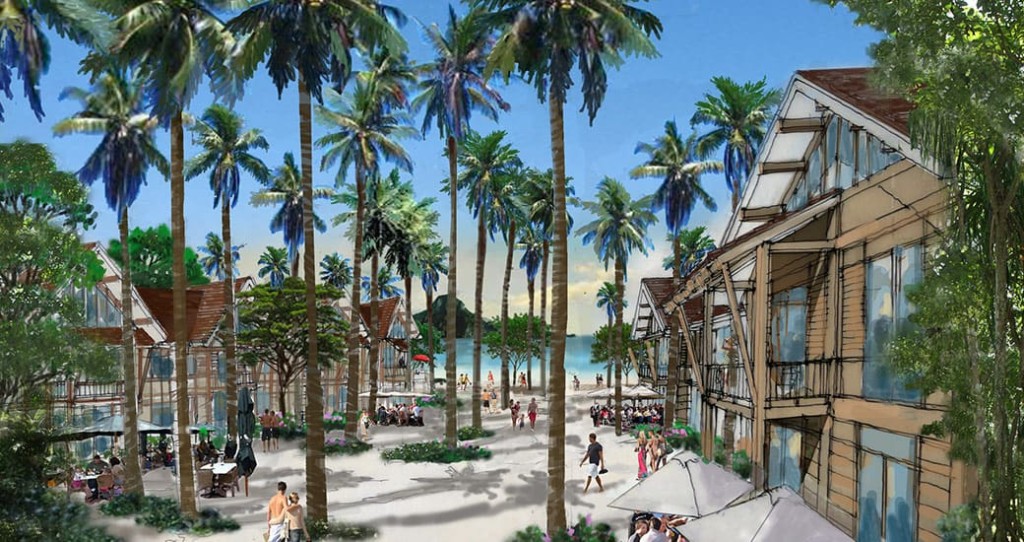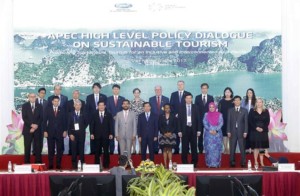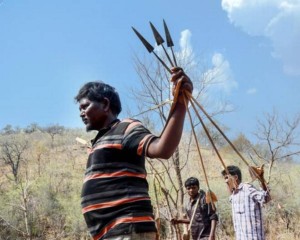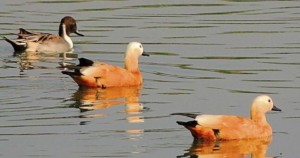Will a tax incentive boost inclusive tourism in the Philippines?

On the sidelines of the ASEAN Inclusive Business Summit in Manila yesterday, Ayala Corp Managing Director Paolo Borromeo told Business Mirror that his company would look into inclusive tourism via its subsidiary Ayala Land, which has a wide portfolio of tourism developments.
The incentive Ayala may be targetting is a five-year income tax holiday. Under the Philippines’ Investment Priorities Plan (IPP) 2017 – 2019, inclusive business models may qualify for “Pioneer Status”, which includes that tax entitlement.
To qualify as an inclusive business in the IPP, at least 25% of a company’s total cost of goods/services sold should be sourced from micro and small enterprises. And at least 25 direct regular jobs should be generated; 30% or more of which should be for women.
According to the Philippines Board of Investments (BOI), the IPP is a “central policy document that enumerates critical activities and sectors for investment promotion in the Philippines”.
The IPP 2017 – 2019 “aligns with the Administration’s 10-point agenda and endeavours to scale up small enterprises and disperse economic opportunities to underserved regions”.
Inclusive business was included in the previous IPP, 2014 – 2016, but only in principle. The strategy was not eligible for any incentives or rewards.
Trade and Industry Secretary Ramon Lopez reckons the inclusion of inclusive business in the new IPP “augurs well with the government’s thrust to reduce poverty, generate more jobs, and sustain inclusive growth”.
The half-day ASEAN Inclusive Business Summit, “Pioneering Change in the Way We Do Business”, took place September 6 alongside the ASEAN Economic Ministers meetings.
According to the BOI, the Summit’s objective was to build the case for inclusive business in ASEAN through “exemplary models, instrumental government interventions, and regional support initiatives”.
The discussions by ASEAN ministers, senior officials, “business champions”, and “IB enablers” would serve as “inputs on the way forward for IB in the ASEAN”.
According to the Asian Development Bank (ADB), “inclusive business differs from social enterprises and corporate social responsibility activities in its higher realised profit making motive”.
“Inclusive businesses are often made up of larger companies with minimum annual turnovers of $5 million. In terms of social impact, the scale and depth of their systematic contribution to poverty reduction are broader.”
When referred to by The “Good Tourism” Blog, “inclusive tourism” means the same as OECD’s definition of “inclusive growth” as it pertains to tourism sector growth and development. Elsewhere it often used interchangeably with “accessible tourism”, which is confusing. See “GT” Glossary.
Sources: Business Mirror; BOI; ADB.
Featured image: Artist’s impression of Ayala Land’s LiO, a master-planned resort community in El Nido, Palawan.
Related posts





